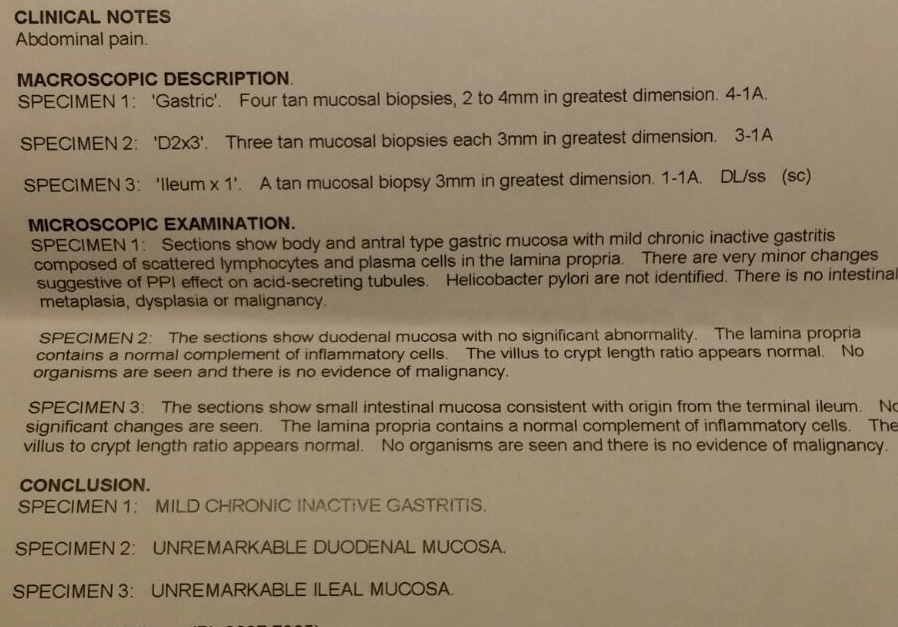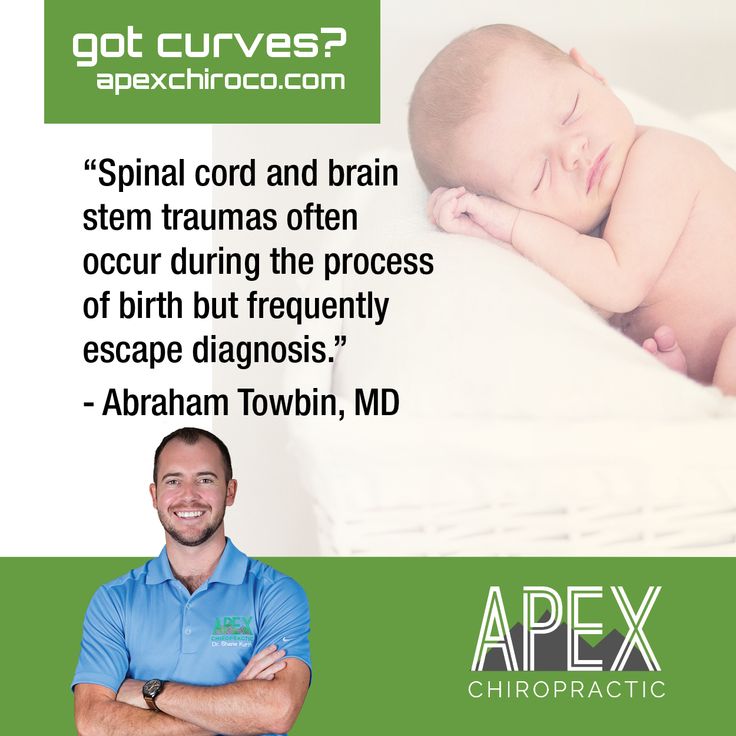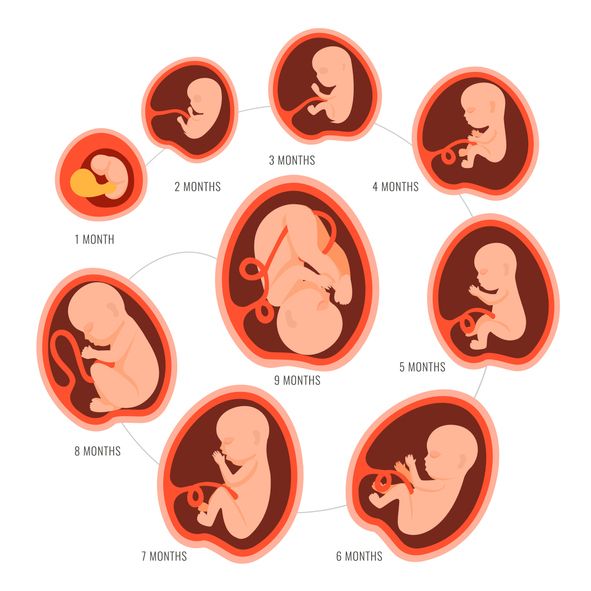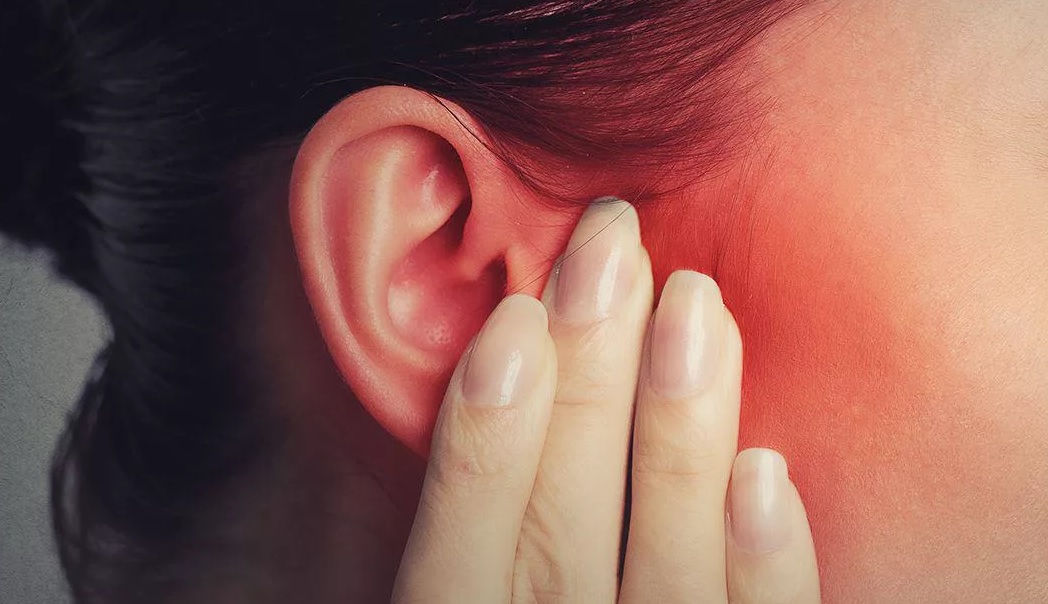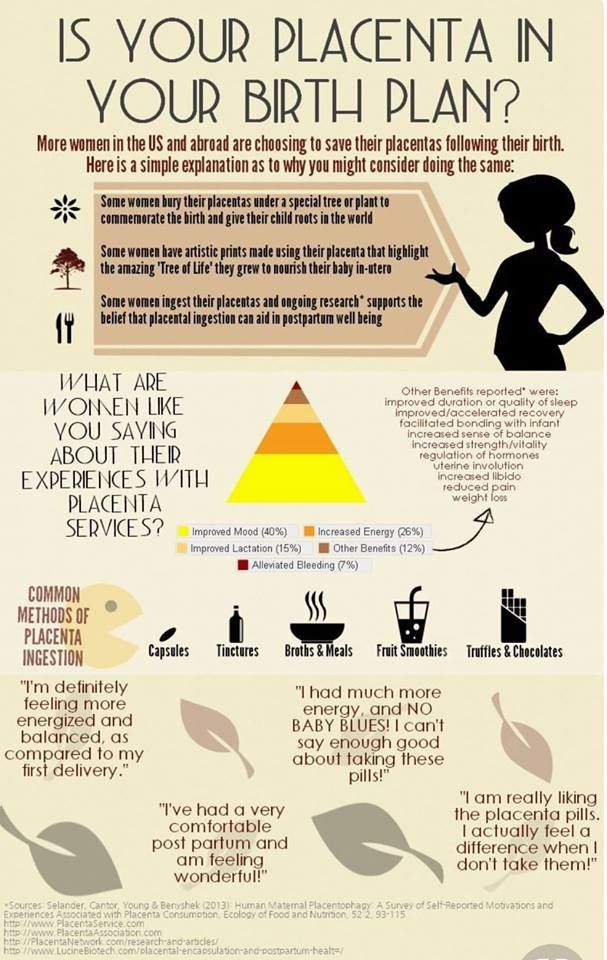After miscarriage abdominal pain
Miscarriage Pain: Causes, Symptoms, and Treatment
According to the American College of Obstetricians and Gynecologists (ACOG), miscarriage happens in at least 10 percent of clinically identified pregnancies. (Meaning, you actually knew you were pregnant; some miscarriages happen before you even miss your period.)
When miscarriage happens after you’ve already gotten a positive pregnancy test, it can be a physically and emotionally painful process.
We can’t make miscarriage any easier, but we can help you understand what’s happening. For instance, although abdominal pain is one of the most frequent symptoms of a miscarriage, it’s not the only type of pain or discomfort you might feel.
Here’s a breakdown of seven types of pain you might have during a miscarriage and what you can do to relieve your symptoms.
Cramping with a miscarriage is usually caused by your uterus contracting. Just like during your period, your uterus contracts to push contents out. Since your uterus is mostly a muscle, these contractions feel like muscle cramps (in other words, they hurt).
You’ll usually feel these cramps on both sides of your lower abdomen or pelvic region. The cramps may come and go in waves or your pain may feel more constant. Unless your doctor has told you not to, you can treat your pain with over-the-counter (OTC) pain relievers like Motrin or Tylenol. You can also use a heating pad to ease cramping.
During a normal menstrual cycle, your uterus builds up lining to prepare for a pregnancy. When the pregnancy can’t continue, the lining needs to be shed.
Because your body has been preparing for pregnancy, there will be more lining and tissue, so your bleeding will be heavier than a period. The further along you are in the pregnancy, the heavier it will be.
To absorb the bleeding, you’ll need to wear a pad. ACOG doesn’t recommend using tampons during a miscarriage. And because the bleeding may last longer and be heavier than a typical period, you may notice some discomfort from moisture accumulation.
Blood loss with a miscarriage
You can lose a significant amount of blood with a miscarriage. Stay in touch with your doctor during the process and call if you experience dizziness or excessive blood loss (e.g., soaking more than two maxi pads per hour for more than 2 hours in a row).
To combat any discomfort, change your pad frequently and clean the area gently with water, avoiding soap.
The change in the vaginal environment from bleeding may also cause a yeast or bacteria overgrowth that could lead to vaginal odor. If you notice any signs of a yeast infection such as itching, or if the discharge becomes very foul smelling, call a doctor.
Gastrointestinal symptoms such as nausea, vomiting, and diarrhea can be caused by hormone changes, as well as side effects from any medication you take to manage the miscarriage. Diarrhea can also be caused by the relaxing of the smooth muscle, just like you experience with a period.
To combat nausea symptoms, drink plenty of water and try to eat small meals consisting of bland, gentle-on-the-stomach foods.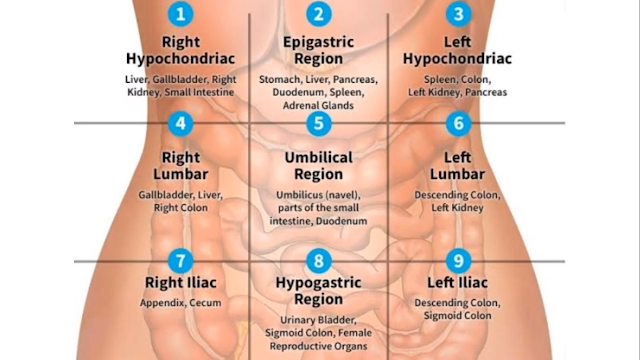 These can include:
These can include:
- rice
- bananas
- oatmeal
- scrambled eggs
- plain grilled chicken
If your symptoms are making it hard for you to keep food down or stay hydrated, ask your doctor about taking an antinausea or antidiarrheal medication.
Similar to how your period cramps can lead to back pain, the uterine contractions during a miscarriage can cause back pain. This is usually felt in the lower back and the pain can be mild, moderate, or severe.
You can treat it just like you would your cramps — with pain relievers and heating pads — but if it’s really uncomfortable, don’t hesitate to ask your doctor what else you can do.
Shoulder pain is a symptom of ectopic pregnancy and it’s a serious medical emergency. If you have severe, one-sided pain, dizziness or fever, or pain affecting your rectum, pelvis, shoulder, or neck, call your doctor or get urgent medical care right away.
Ectopic pregnancy may not cause bleeding, so it can be a harder type of pregnancy to identify.
It’s normal to feel tired and weak with a miscarriage. You may also have a headache. If you experience excessive dizziness or feel like you may faint, tell your doctor or call your local urgent care center.
It’s also important to rest and drink plenty of water to manage these symptoms. Try to sleep, stay hydrated, and eat nutrient-dense foods.
No matter how far along in your pregnancy you are when you miscarry, you’re allowed to feel grief. Miscarriage emotions can be complicated and messy. You may feel both sad and relieved that it’s over, or you may feel intense and sometimes overwhelming grief.
No matter your situation, you might feel disappointed, hopeless, or scared to conceive again. You might experience anxiety, mood swings and irritability, and even depression.
Talking about your loss can help. Try turning to trusted friends and family members, social media groups, or a mental health professional. Miscarriage can also lead to clinical depression, similar to postpartum depression — so be sure to seek medical attention if you experience any symptoms.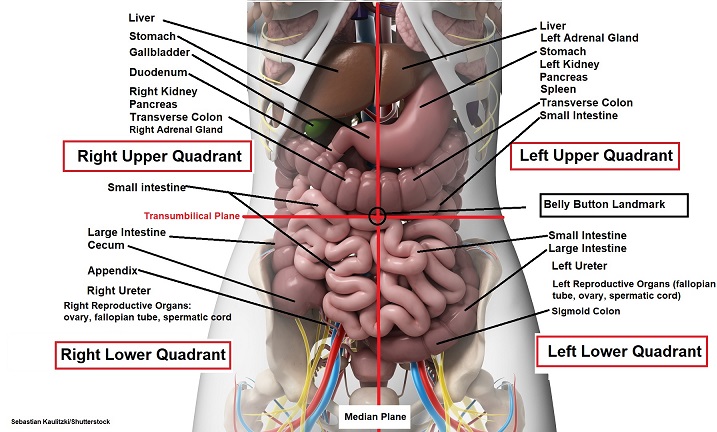
The severity of your miscarriage symptoms will depend on how far along you are in your pregnancy and what type of miscarriage you have. Still, a miscarriage at any stage can be difficult because all bodies respond differently.
You may choose expectant management to let your body pass the tissue on its own, you might use medication that can speed up the process, or you may choose a surgical procedure called a dilation and curettage (D&C) to remove the contents of the uterus.
The bleeding that occurs with miscarriage can be different for everyone, too. In general, you can expect menstrual-like bleeding for about a week. After that, spotting can continue for several weeks — sometimes even until your next period. And when is that? Again, it varies: Your menstrual cycle can restart anywhere between 4 to 8 weeks after the miscarriage.
When to seek medical help
If you suspect you’re having a miscarriage, you should always consult with your doctor. Your provider will also stay in touch with you throughout the recovery process.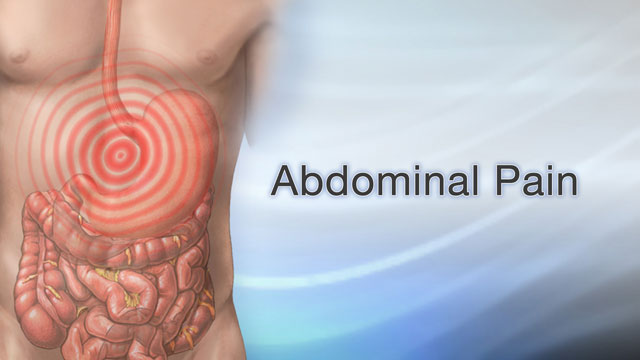
Depending on the timing of your miscarriage and how it’s managed, it may be 2 or 3 weeks before you’re feeling like yourself again physically. In some cases, your doctor may order an ultrasound to confirm that your uterus is clear of retained tissue.
For some people, the emotional pain of a miscarriage can last much longer. It’s important to remember that the stage of your pregnancy when you miscarried doesn’t matter: You experienced a loss, and loss naturally comes with feelings of grief.
Sometimes that grief can get too big for you to handle on your own. As with postpartum depression after a birth, symptoms of depression can develop after a miscarriage. In fact, according to a 2015 journal article, nearly 20 percent of women report symptoms of depression and/or anxiety after miscarriage.
If you think you might be depressed or are simply struggling to manage your emotional recovery after miscarriage, don’t be afraid or ashamed to reach out for support. A licensed mental health professional can help you process your loss and begin to heal.
You can also look for a miscarriage support group to connect with other people who have shared your experience. You can search or contact any of the following resources for local and online miscarriage support groups:
- Hope After Loss
- Share Pregnancy and Infant Loss Support
- Empty Cradle
- First Candle
- Empty Arms Bereavement Support
- The Compassionate Friends
- The Miscarriage Association (UK)
Miscarriage can be a difficult experience on your body, mind, and heart. You can help ease physical symptoms with rest, fluids, OTC pain relievers — and stay in touch with your doctor if you have any complications.
It’s also important to address the emotional pain of a miscarriage. Talking to a mental health professional or finding support from a local or online pregnancy loss group can help you take steps toward healing.
Miscarriage Pain: Causes, Symptoms, and Treatment
According to the American College of Obstetricians and Gynecologists (ACOG), miscarriage happens in at least 10 percent of clinically identified pregnancies.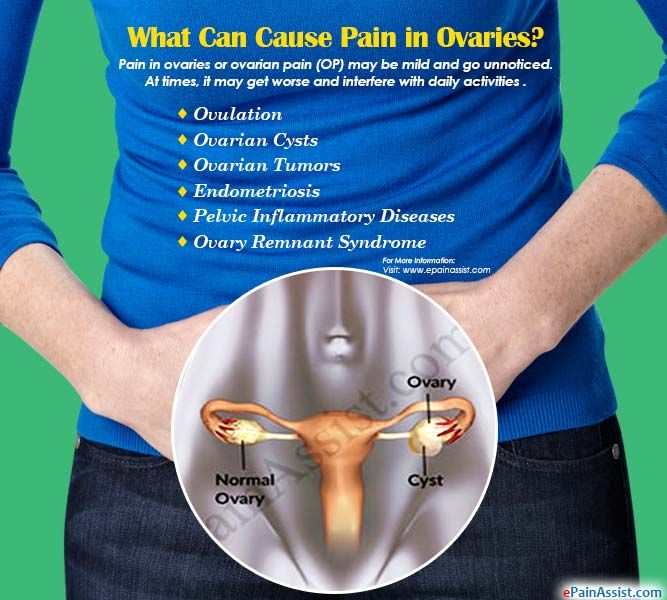 (Meaning, you actually knew you were pregnant; some miscarriages happen before you even miss your period.)
(Meaning, you actually knew you were pregnant; some miscarriages happen before you even miss your period.)
When miscarriage happens after you’ve already gotten a positive pregnancy test, it can be a physically and emotionally painful process.
We can’t make miscarriage any easier, but we can help you understand what’s happening. For instance, although abdominal pain is one of the most frequent symptoms of a miscarriage, it’s not the only type of pain or discomfort you might feel.
Here’s a breakdown of seven types of pain you might have during a miscarriage and what you can do to relieve your symptoms.
Cramping with a miscarriage is usually caused by your uterus contracting. Just like during your period, your uterus contracts to push contents out. Since your uterus is mostly a muscle, these contractions feel like muscle cramps (in other words, they hurt).
You’ll usually feel these cramps on both sides of your lower abdomen or pelvic region. The cramps may come and go in waves or your pain may feel more constant. Unless your doctor has told you not to, you can treat your pain with over-the-counter (OTC) pain relievers like Motrin or Tylenol. You can also use a heating pad to ease cramping.
Unless your doctor has told you not to, you can treat your pain with over-the-counter (OTC) pain relievers like Motrin or Tylenol. You can also use a heating pad to ease cramping.
During a normal menstrual cycle, your uterus builds up lining to prepare for a pregnancy. When the pregnancy can’t continue, the lining needs to be shed.
Because your body has been preparing for pregnancy, there will be more lining and tissue, so your bleeding will be heavier than a period. The further along you are in the pregnancy, the heavier it will be.
To absorb the bleeding, you’ll need to wear a pad. ACOG doesn’t recommend using tampons during a miscarriage. And because the bleeding may last longer and be heavier than a typical period, you may notice some discomfort from moisture accumulation.
Blood loss with a miscarriage
You can lose a significant amount of blood with a miscarriage. Stay in touch with your doctor during the process and call if you experience dizziness or excessive blood loss (e. g., soaking more than two maxi pads per hour for more than 2 hours in a row).
g., soaking more than two maxi pads per hour for more than 2 hours in a row).
To combat any discomfort, change your pad frequently and clean the area gently with water, avoiding soap.
The change in the vaginal environment from bleeding may also cause a yeast or bacteria overgrowth that could lead to vaginal odor. If you notice any signs of a yeast infection such as itching, or if the discharge becomes very foul smelling, call a doctor.
Gastrointestinal symptoms such as nausea, vomiting, and diarrhea can be caused by hormone changes, as well as side effects from any medication you take to manage the miscarriage. Diarrhea can also be caused by the relaxing of the smooth muscle, just like you experience with a period.
To combat nausea symptoms, drink plenty of water and try to eat small meals consisting of bland, gentle-on-the-stomach foods. These can include:
- rice
- bananas
- oatmeal
- scrambled eggs
- plain grilled chicken
If your symptoms are making it hard for you to keep food down or stay hydrated, ask your doctor about taking an antinausea or antidiarrheal medication.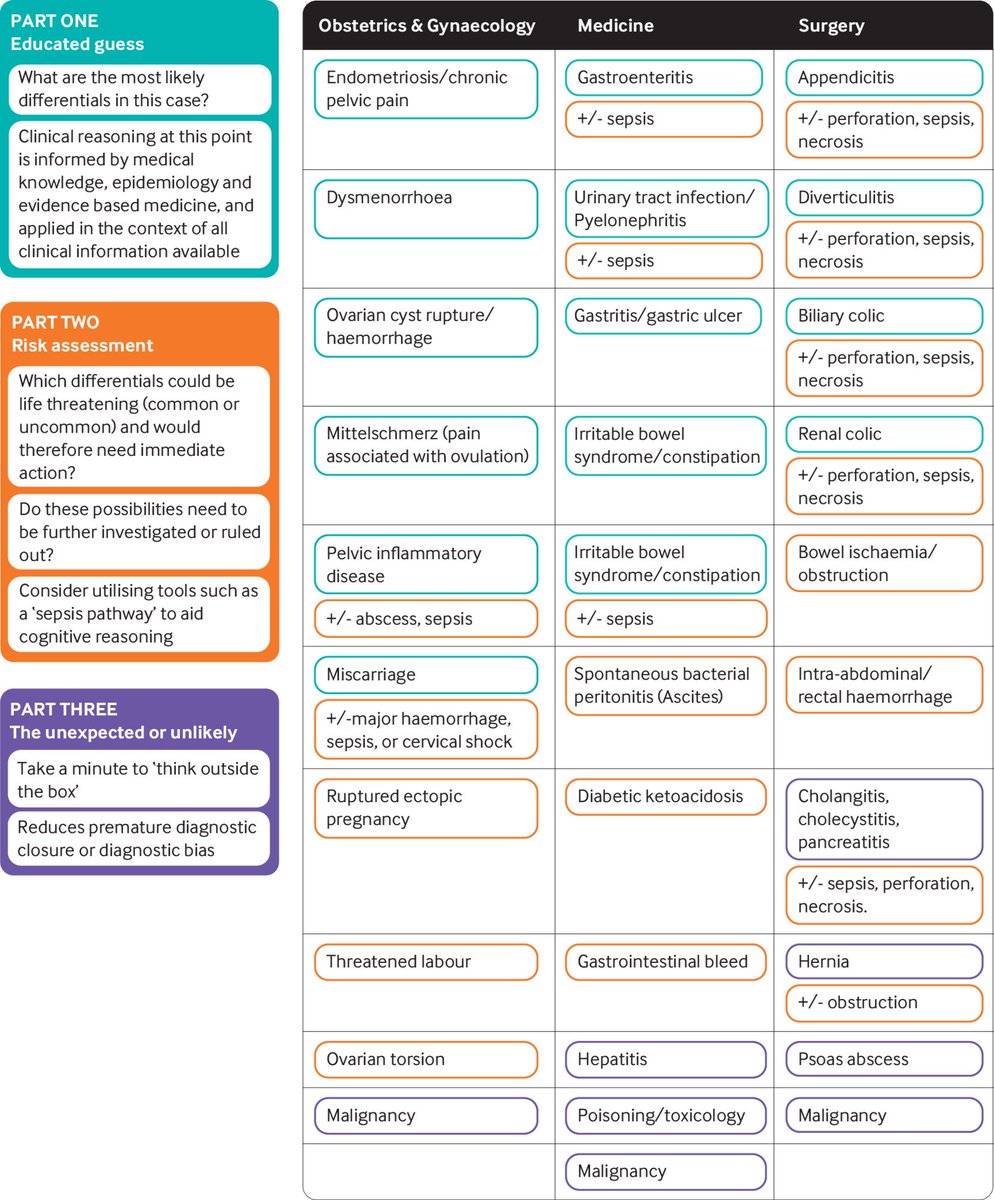
Similar to how your period cramps can lead to back pain, the uterine contractions during a miscarriage can cause back pain. This is usually felt in the lower back and the pain can be mild, moderate, or severe.
You can treat it just like you would your cramps — with pain relievers and heating pads — but if it’s really uncomfortable, don’t hesitate to ask your doctor what else you can do.
Shoulder pain is a symptom of ectopic pregnancy and it’s a serious medical emergency. If you have severe, one-sided pain, dizziness or fever, or pain affecting your rectum, pelvis, shoulder, or neck, call your doctor or get urgent medical care right away.
Ectopic pregnancy may not cause bleeding, so it can be a harder type of pregnancy to identify.
It’s normal to feel tired and weak with a miscarriage. You may also have a headache. If you experience excessive dizziness or feel like you may faint, tell your doctor or call your local urgent care center.
It’s also important to rest and drink plenty of water to manage these symptoms.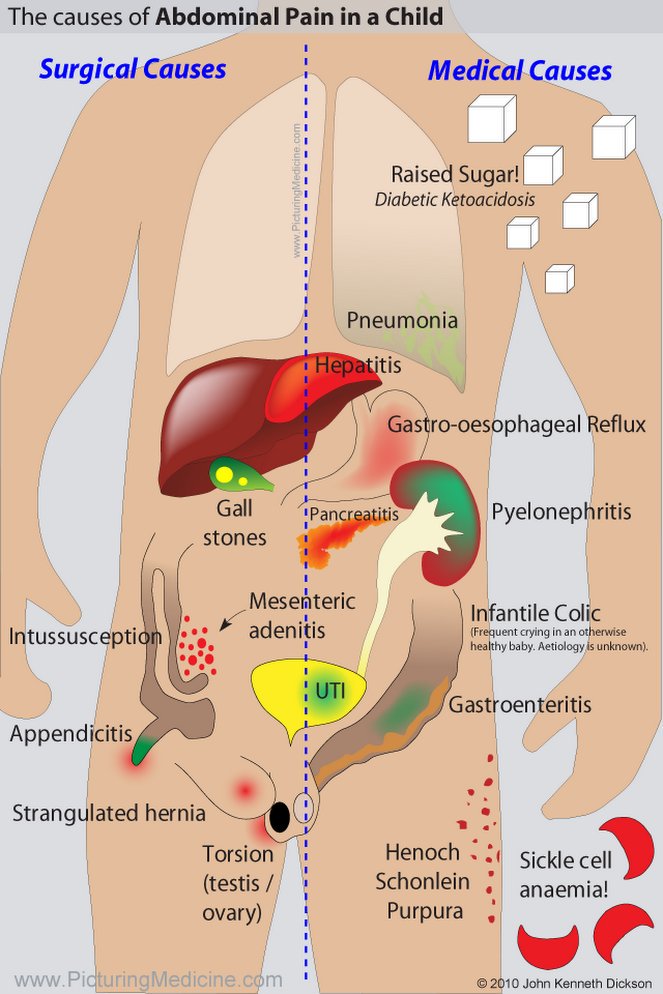 Try to sleep, stay hydrated, and eat nutrient-dense foods.
Try to sleep, stay hydrated, and eat nutrient-dense foods.
No matter how far along in your pregnancy you are when you miscarry, you’re allowed to feel grief. Miscarriage emotions can be complicated and messy. You may feel both sad and relieved that it’s over, or you may feel intense and sometimes overwhelming grief.
No matter your situation, you might feel disappointed, hopeless, or scared to conceive again. You might experience anxiety, mood swings and irritability, and even depression.
Talking about your loss can help. Try turning to trusted friends and family members, social media groups, or a mental health professional. Miscarriage can also lead to clinical depression, similar to postpartum depression — so be sure to seek medical attention if you experience any symptoms.
The severity of your miscarriage symptoms will depend on how far along you are in your pregnancy and what type of miscarriage you have. Still, a miscarriage at any stage can be difficult because all bodies respond differently.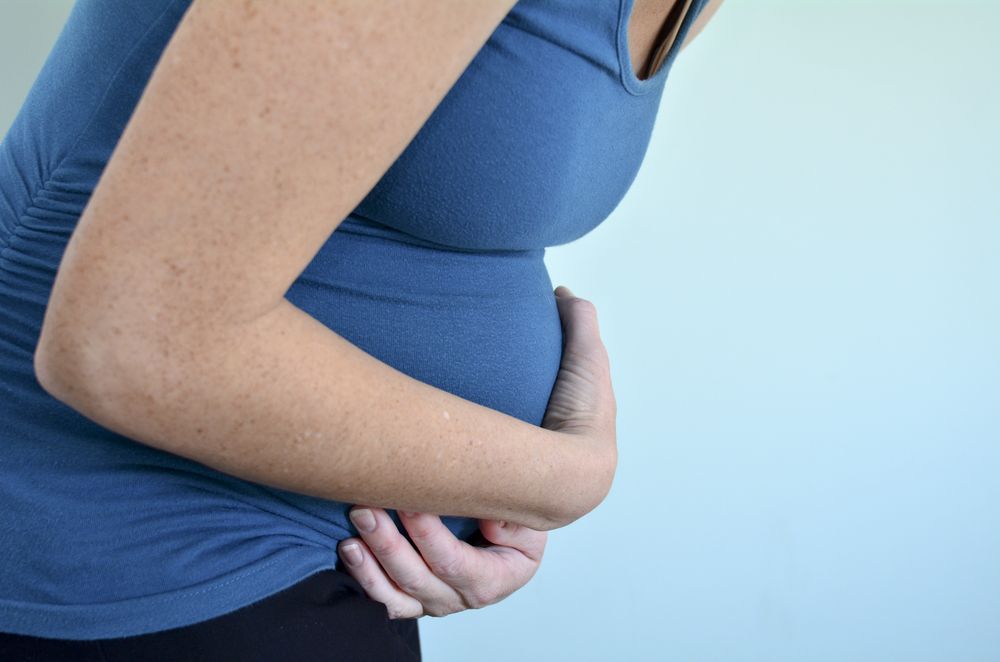
You may choose expectant management to let your body pass the tissue on its own, you might use medication that can speed up the process, or you may choose a surgical procedure called a dilation and curettage (D&C) to remove the contents of the uterus.
The bleeding that occurs with miscarriage can be different for everyone, too. In general, you can expect menstrual-like bleeding for about a week. After that, spotting can continue for several weeks — sometimes even until your next period. And when is that? Again, it varies: Your menstrual cycle can restart anywhere between 4 to 8 weeks after the miscarriage.
When to seek medical help
If you suspect you’re having a miscarriage, you should always consult with your doctor. Your provider will also stay in touch with you throughout the recovery process.
Depending on the timing of your miscarriage and how it’s managed, it may be 2 or 3 weeks before you’re feeling like yourself again physically. In some cases, your doctor may order an ultrasound to confirm that your uterus is clear of retained tissue.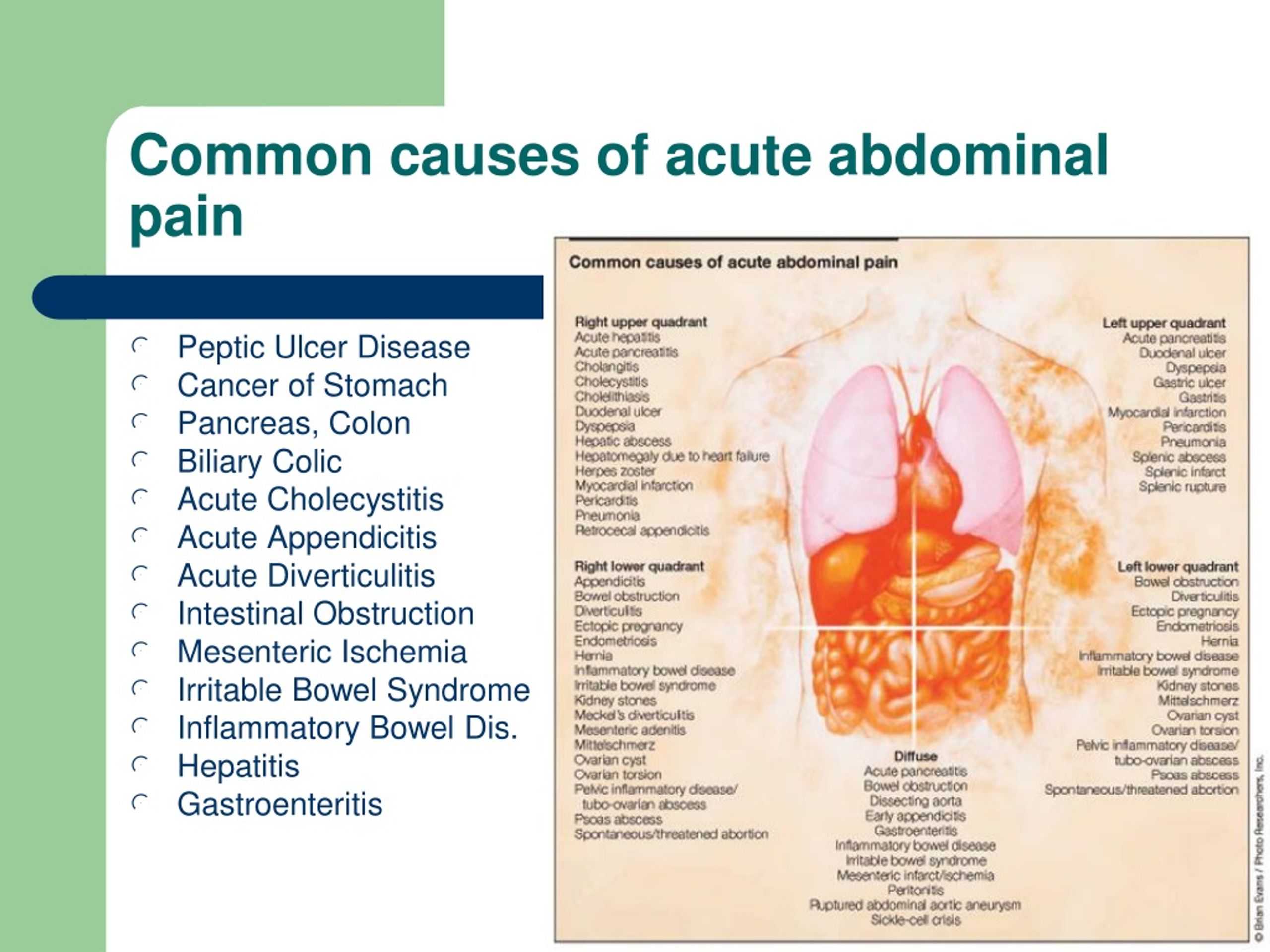
For some people, the emotional pain of a miscarriage can last much longer. It’s important to remember that the stage of your pregnancy when you miscarried doesn’t matter: You experienced a loss, and loss naturally comes with feelings of grief.
Sometimes that grief can get too big for you to handle on your own. As with postpartum depression after a birth, symptoms of depression can develop after a miscarriage. In fact, according to a 2015 journal article, nearly 20 percent of women report symptoms of depression and/or anxiety after miscarriage.
If you think you might be depressed or are simply struggling to manage your emotional recovery after miscarriage, don’t be afraid or ashamed to reach out for support. A licensed mental health professional can help you process your loss and begin to heal.
You can also look for a miscarriage support group to connect with other people who have shared your experience. You can search or contact any of the following resources for local and online miscarriage support groups:
- Hope After Loss
- Share Pregnancy and Infant Loss Support
- Empty Cradle
- First Candle
- Empty Arms Bereavement Support
- The Compassionate Friends
- The Miscarriage Association (UK)
Miscarriage can be a difficult experience on your body, mind, and heart.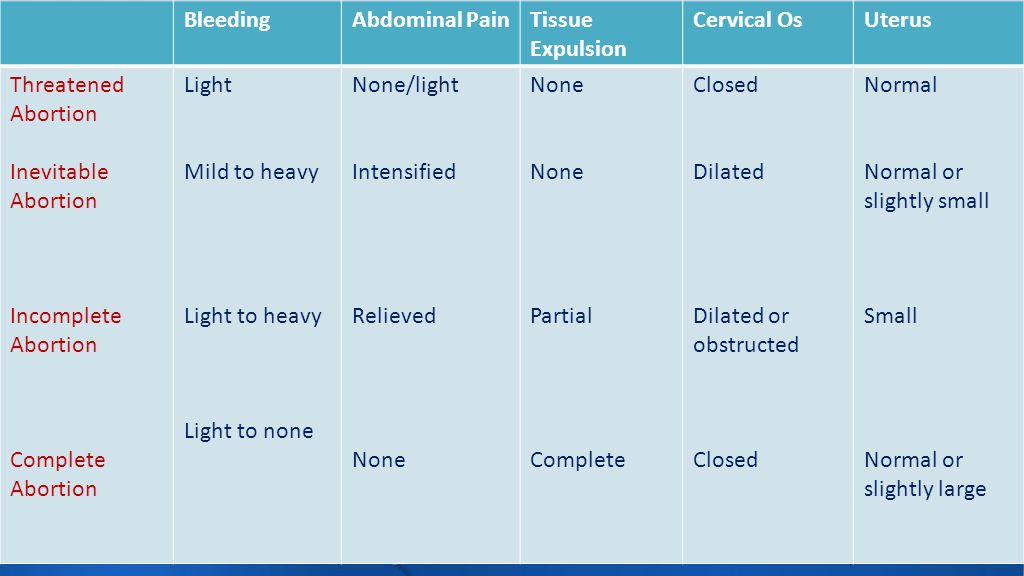 You can help ease physical symptoms with rest, fluids, OTC pain relievers — and stay in touch with your doctor if you have any complications.
You can help ease physical symptoms with rest, fluids, OTC pain relievers — and stay in touch with your doctor if you have any complications.
It’s also important to address the emotional pain of a miscarriage. Talking to a mental health professional or finding support from a local or online pregnancy loss group can help you take steps toward healing.
Miscarriage. What to do after a miscarriage?
When a woman finds out about her pregnancy, she changes her rhythm of life, especially if the pregnancy is desired. However, depending on many circumstances, miscarriage , that is, a natural termination of pregnancy, may occur. Statistics say that up to 20 percent of pregnancies end in pathological abortions. Often a woman may not know that she was pregnant, as a miscarriage sometimes occurs at a very early stage and seems to be just a normal delay in menstruation followed by heavy discharge. nine0005
If a woman finds out that she is pregnant and wants to become a mother, she should be very attentive to her condition. The threat of miscarriage often occurs in the early stages of pregnancy and therefore it is necessary to know what symptoms and signs precede a sudden miscarriage.
The threat of miscarriage often occurs in the early stages of pregnancy and therefore it is necessary to know what symptoms and signs precede a sudden miscarriage.
Signs
The main sign of a suspected miscarriage is bleeding from the uterus. They happen not abundant, pale scarlet or gray-brown. The discharge most often gradually increases and is characterized by sudden spasms or pulling pains in the lower abdomen. These symptoms may last for some time. nine0005
The pains are often so mild that the woman simply does not pay attention to them. They are able to be interrupted, and the woman simply forgets about them, especially if the discharge also stopped, and before that they were insignificant. Meanwhile, the very first symptoms should alert you and you should urgently go to the gynecologist for examination and consultation. Even if the process has stopped, after a few days you can feel a sharp deterioration in health, and then you can no longer save the life of the unborn child.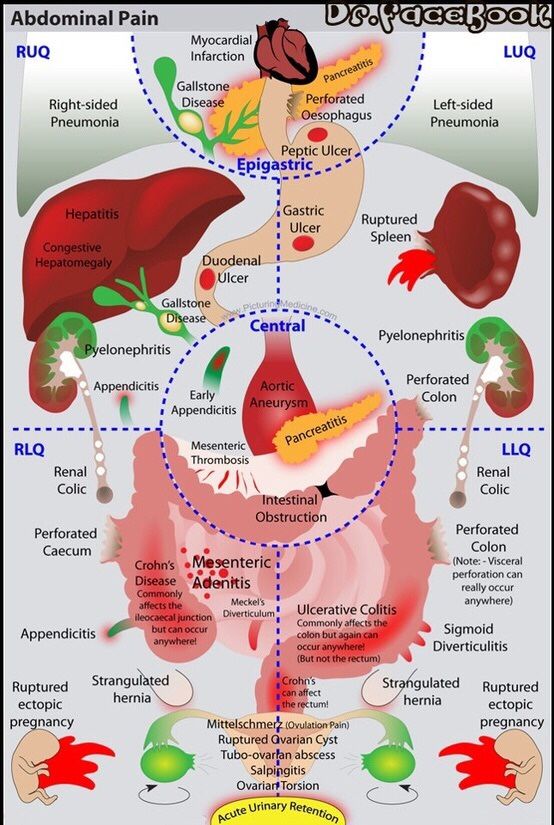 Be sure to pay attention to what exactly comes out with the discharge, if there are tissue fragments, it means that miscarriage has already occurred. Therefore, one should not hesitate to go to the doctor, the fetus may come out, in whole or in parts, there may be white particles or a round gray bubble. When the body is completely cleansed, the pain will subside, but before that it may continue for some time.
Be sure to pay attention to what exactly comes out with the discharge, if there are tissue fragments, it means that miscarriage has already occurred. Therefore, one should not hesitate to go to the doctor, the fetus may come out, in whole or in parts, there may be white particles or a round gray bubble. When the body is completely cleansed, the pain will subside, but before that it may continue for some time.
Terms of miscarriages
A miscarriage is classified as early if it occurred before twelve weeks from the onset of pregnancy. Starting from the 22nd week, if a spontaneous miscarriage has occurred, it is considered late. If the termination of pregnancy occurred before thirty-seven weeks, then this is already called premature birth. All subsequent fetal rejections are called term births and are generally considered normal, since during this period, mostly able-to-survive children are born. In modern medicine, children born after 22 weeks are nursed and subsequently do not differ from those born at term with normal weight.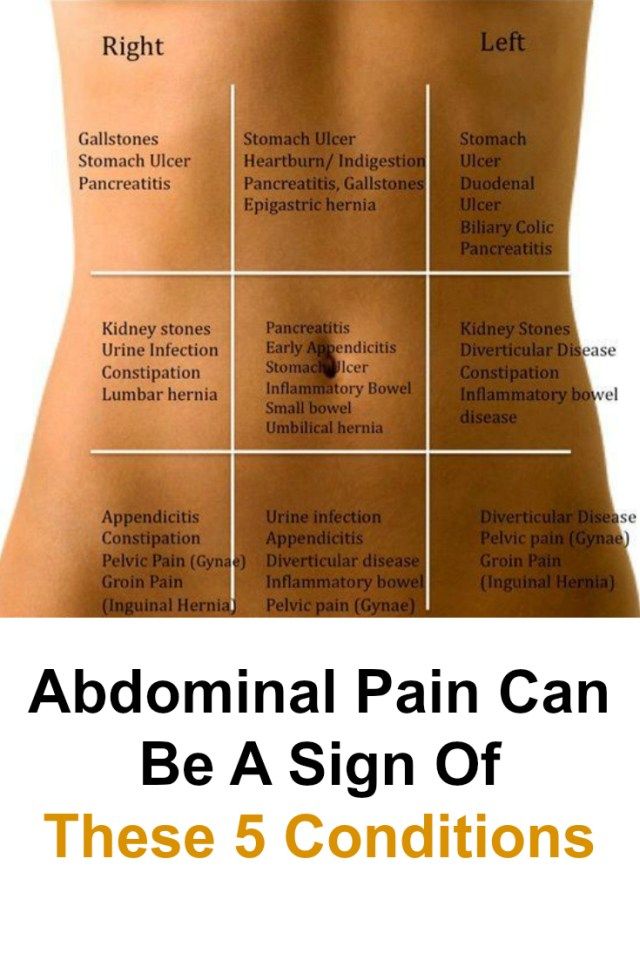 nine0005
nine0005
Types of miscarriages
Specialists have identified several types of miscarriages.
- Complete or inevitable - characterized by pain in the lower back and dilatation of the cervix, hemorrhages from it. The fetal membrane necessarily bursts, and the pregnancy is terminated. The fetus comes out of the uterus, and all discomfort in the form of pain and bleeding stops.
- Miscarriage is different in that the fetus died, but remained in the mother's body. This can be detected by a doctor when examining a woman and when listening to the fetal heartbeat. nine0050
- Repeated miscarriage is rare, it occurs only some time after the first and can occur up to three times in a row in the early stages.
Causes of spontaneous abortion
The vast majority of women, having learned about their pregnancy, want to give birth to a healthy baby.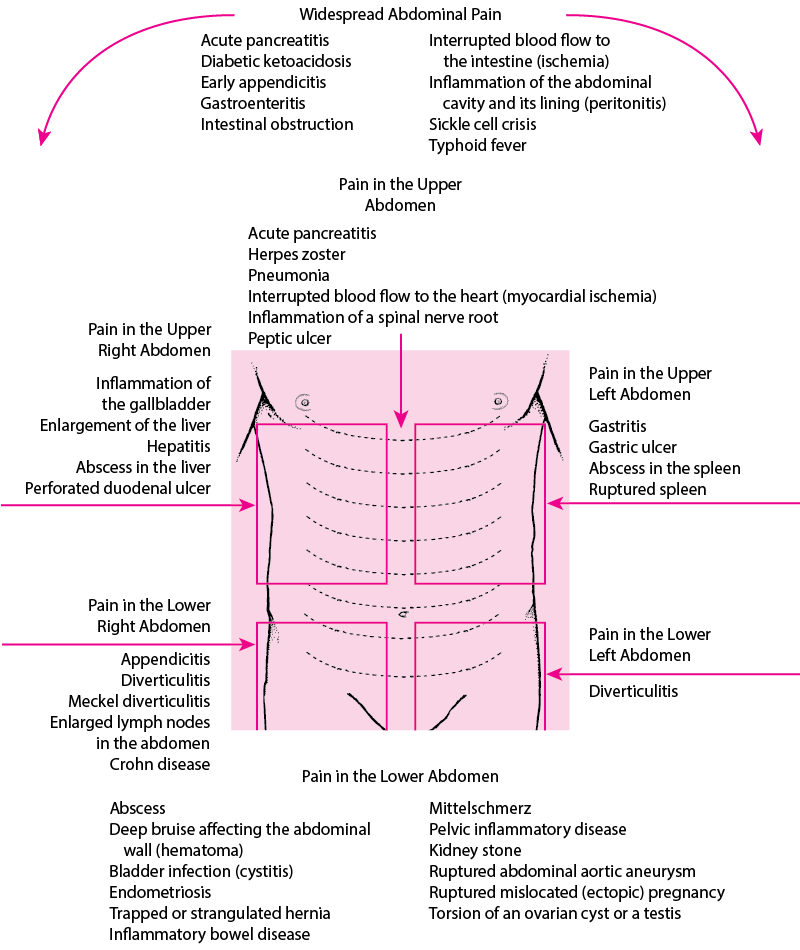 And if there is a spontaneous miscarriage , then for a failed mother this is a real tragedy. Many, having experienced an abortion, try to conceive a child faster again, but first you need to know the reasons for what happened in order to save the fetus in the future. According to statistics, the largest number of miscarriages occurs precisely in the early stages. nine0005
And if there is a spontaneous miscarriage , then for a failed mother this is a real tragedy. Many, having experienced an abortion, try to conceive a child faster again, but first you need to know the reasons for what happened in order to save the fetus in the future. According to statistics, the largest number of miscarriages occurs precisely in the early stages. nine0005
There are several reasons for this:
- Violations in genetics.
This is the most common cause of miscarriage. This is not due to heredity, it is a consequence of the mutation of parent germ cells, which accidentally ended up in unfavorable conditions. This is also the influence of radiation, poisoning, viruses, that is, temporary situations that affected the quality of germ cells. The body thus gets rid of a weak non-viable fetus. It is impossible and unnecessary to prevent such spontaneous abortion. It is only necessary, having decided to become pregnant, to try to cleanse your body of possible harmful influences.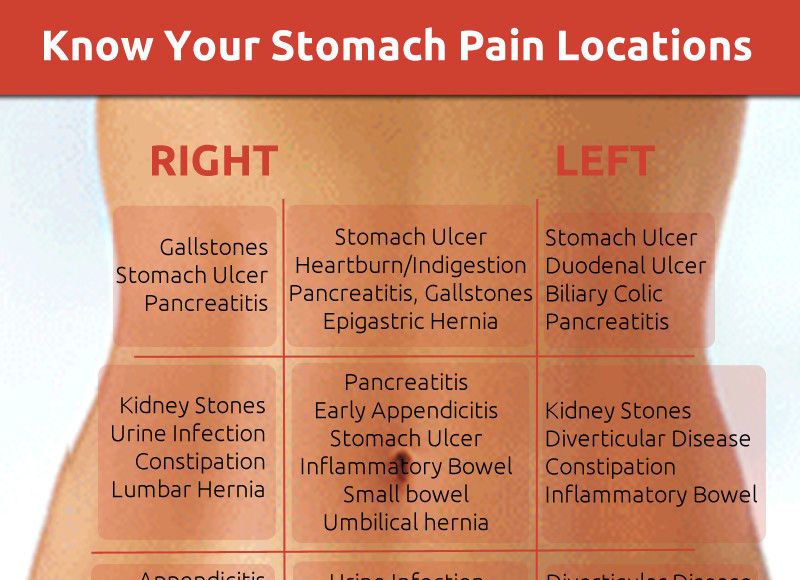 nine0005
nine0005
- Hormonal disorders
The cause of miscarriage at a very early stage also lies in the lack of the hormone progesterone, or in the fact that a woman has an excess of male sex hormones that suppress the production of estrogen and progesterone in her body. In this case, the fetus can be saved medically by administering the necessary medicines to the woman. The work of the adrenal glands, as well as the thyroid gland, affects the production of hormones, so a lot depends on the work of these glands throughout the pregnancy process. nine0005
- Immunological causes .
In this case, the vitality of the fetus is directly affected by the Rh conflict. The embryo will inherit the positive Rh of the man, and if the partner has a negative Rh, then her body simply rejects cells that are foreign to him. A similar situation can be prevented by injecting the expectant mother with a variety of progesterone, a process called immunomodulation.
Sexually transmitted infections such as toxoplasmosis, syphilis, trichomoniasis, chlamydia and others are of great danger. External infection: bacteria and viruses infect the fetal membranes, and the body will inevitably reject the embryo. Therefore, before becoming pregnant, you should be examined to know for sure that there are no infections, and if the result is positive, undergo treatment. nine0005
In addition, all inflammatory processes, various diseases of the internal organs, which are accompanied by a persistent high temperature, can also lead to unexpected rejection of the fetus. Rubella is especially dangerous, and viral hepatitis is common. But even a sore throat, mild pneumonia, appendicitis sometimes play a key role and lead to a miscarriage, so the expectant mother must undergo a thorough examination even before the child is conceived, and then beware of all kinds of infections and weakening of the body. nine0005
- Medical abortion.
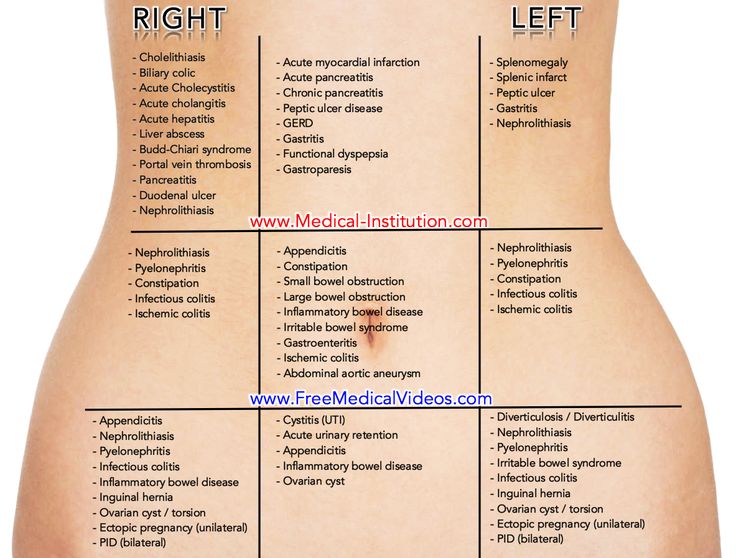
If a woman had an abortion in a hospital and then became pregnant and decided to give birth, there is a danger that she will have a miscarriage. Abortion is a stress factor for the body, ovarian dysfunction is often observed, inflammatory processes in the female genital organs can begin, and all this will lead, at best, to miscarriage and subsequent repeated miscarriages, and at worst, to infertility. Therefore, you need to think very seriously before going for an abortion. nine0005
- Medicines and certain herbs.
It is advisable for a pregnant woman not to take any medication at all, especially during the first three calendar months. Medicines and herbs can cause various defects in the fetus, which in turn will lead to its rejection. Analgesics and uncontrolled hormonal contraceptives are especially dangerous. Parsley and nettle should be eaten with caution - they cause a high tone of the uterus, which in turn can reject the fetus.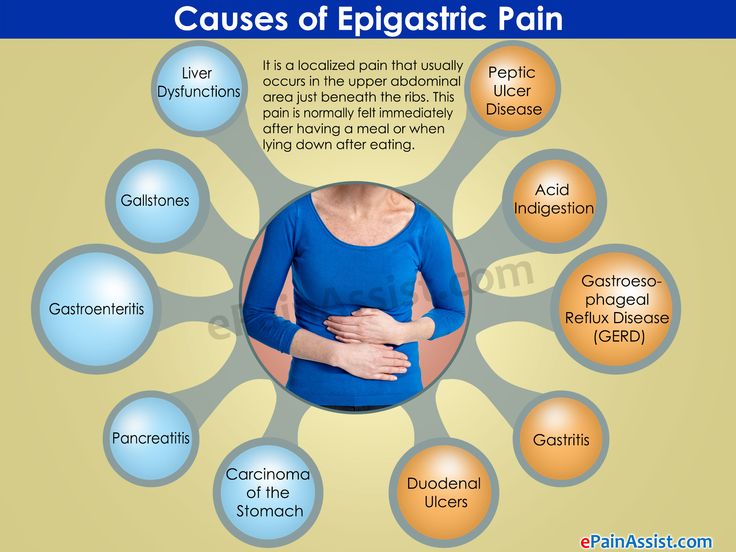 nine0005
nine0005
- Stress.
It is no coincidence that in ancient times, pregnant women were protected from unrest, they were created comfortable conditions, and they tried to give as many positive emotions as possible. Now the direct dependence of the health of the unborn baby on the mental state during pregnancy has already been proven. Any stress, fear and overstrain can cause an unexpected termination of pregnancy. If you have a problem (death of a loved one, divorce, etc.), you need to find sedatives with the help of a doctor, they will help you cope with this period. nine0005
- Unhealthy lifestyle.
Of course, the intake of alcoholic beverages, an unhealthy lifestyle, smoking, even coffee consumption in large quantities, improper diet - all this can lead to a transient miscarriage. Therefore, the expectant mother should prioritize and change her rhythm of life in advance in order to give birth to a healthy child.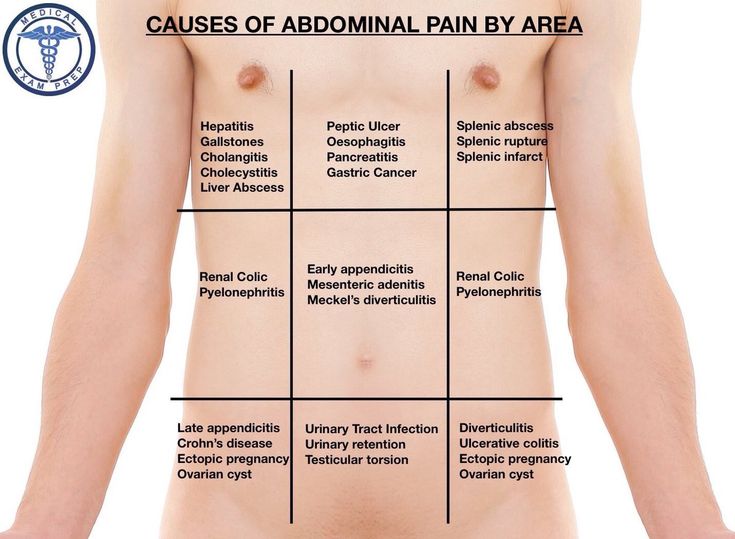
- Sexual intercourse, falling, heavy lifting. nine0063
All of these factors can affect the fetus, so you should protect yourself and your baby by avoiding these activities.
What to do after a miscarriage?
Having experienced the tragedy of losing a child, parents often intend to immediately conceive a new baby, but they are afraid that everything will happen again. In this case, you do not need to make independent decisions, but consult a doctor. And first of all, it is necessary to identify the cause that led to the miscarriage. For this, the expectant mother needs to undergo as thorough an examination as possible. nine0005
If no obvious cause is found, the fetus most likely has a chromosomal abnormality. In this case, you should not worry, since the next conception will occur with a different set of chromosomes, which means that there will be no repeated miscarriage. If the miscarriage was repeated, it is necessary to contact a geneticist and conduct a study of the set of chromosomes of both parents. If it turns out that the cause was an infection, then it is necessary to fully recover. If we are talking about sexual infections, then both parents need to undergo therapy. It is necessary to take tests for hormonal studies, hemostasis systems and determine the immune status. nine0005
If the miscarriage was repeated, it is necessary to contact a geneticist and conduct a study of the set of chromosomes of both parents. If it turns out that the cause was an infection, then it is necessary to fully recover. If we are talking about sexual infections, then both parents need to undergo therapy. It is necessary to take tests for hormonal studies, hemostasis systems and determine the immune status. nine0005
After a miscarriage, should be treated, if necessary, and pause between conceptions. During pregnancy, you should not take medications to prevent re-spontaneous pathological termination of pregnancy. Therefore, you can become pregnant only after the end of the course of treatment. If the cause was hormonal abnormalities, then the expectant mother should take special drugs to stabilize the background, and at this time she should never become pregnant. During the pause, you need to choose contraceptives with the help of a doctor. You can go to a specialized clinic where you will be prescribed a full course of rehabilitation.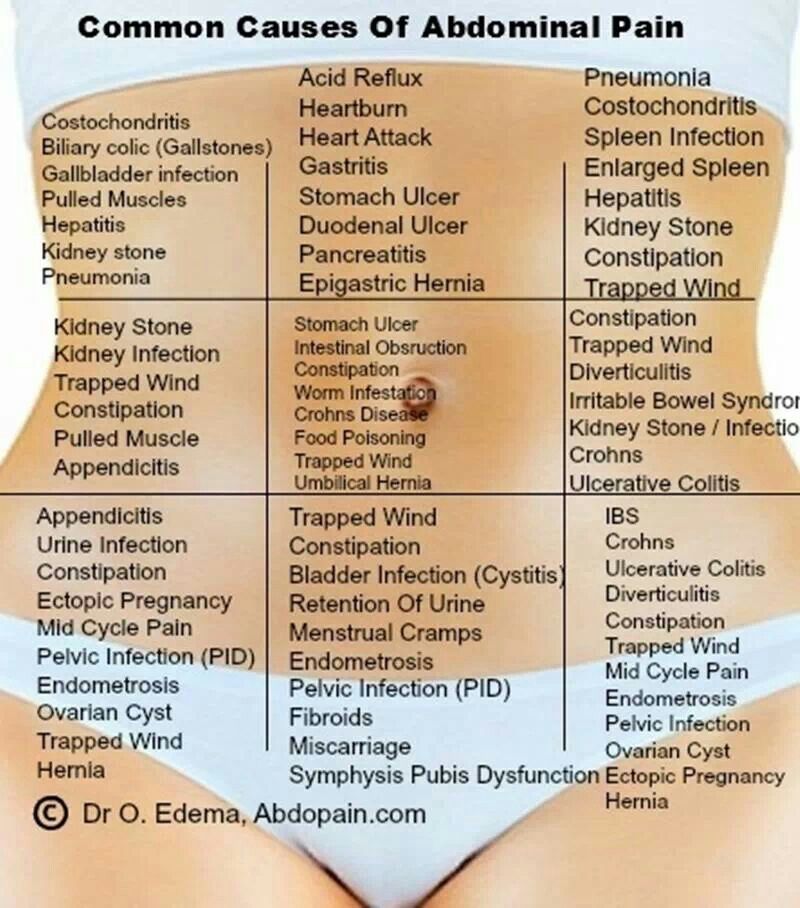 nine0005
nine0005
The first week after a miscarriage women often experience pain in the lower abdomen, heavy bleeding, so you should refrain from sexual intercourse with a man. If there is severe bleeding, acute pain in the lower abdomen, convulsions, high fever, palpitations, nausea, vomiting, then you should immediately consult a doctor to identify the cause of this condition. It is necessary to plan a subsequent pregnancy not earlier than three months after this situation, but preferably six months later. Until that time, it is worth reconsidering your outlook on life, giving up hard work, eating right and wisely, taking vitamins, exercising, losing weight if you are overweight, stop smoking, drinking alcohol, think over your daily routine. nine0005
It is very important during this recovery period to have a positive attitude and confidence that the next attempt will be successful. This is harder to do than to say, because after a miscarriage the woman is in a depressed state and is afraid of a repetition of the situation. You can’t get hung up on your problem, during this period it’s better to do some favorite thing, relax, change the situation, travel, visit the city more often. The modern ecological situation in cities has a bad effect on women's health, so private trips to nature, a trip to the sea, to friends in another city can distract from painful thoughts. An important role in this case is played by the woman's relatives and, above all, the husband, who can surround her with care and attention, creating peace of mind. nine0005
You can’t get hung up on your problem, during this period it’s better to do some favorite thing, relax, change the situation, travel, visit the city more often. The modern ecological situation in cities has a bad effect on women's health, so private trips to nature, a trip to the sea, to friends in another city can distract from painful thoughts. An important role in this case is played by the woman's relatives and, above all, the husband, who can surround her with care and attention, creating peace of mind. nine0005
You may need to contact a counseling psychologist or psychotherapist. Yoga classes, self-education, visiting theaters, exhibitions and temples have a very beneficial effect on the psyche of a woman and help to distract from her problems. Helping others who have a difficult life situation, caring for the sick can also have a beneficial psychological effect and help you look at your problems from the outside.
Remember, the human body is a self-healing system, it just needs a little help.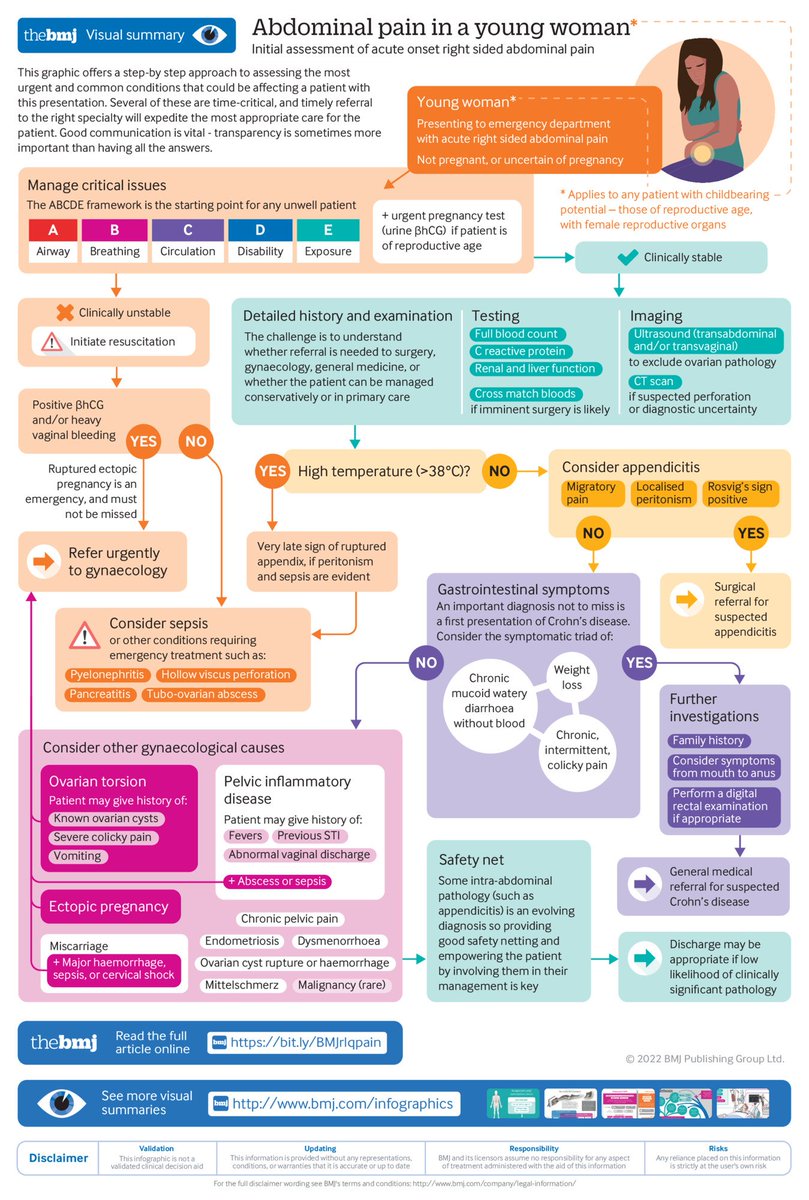 nine0005
nine0005
Treatment and prevention of miscarriage
Miscarriage. Symptoms
Causes of a miscarriage
Questions to ask your doctor about a miscarriage
Diagnosis of a miscarriage
If there is a risk of a miscarriage, your doctor may recommend rest until the bleeding or pain stops. Your doctor may also recommend that you abstain from sports and sexual activity. It is better not to travel, and especially not to travel to places where it is difficult to get emergency medical care. nine0005
Thanks to the widespread use of ultrasound, it is much easier these days to know if an embryo has died or not formed at all, and to know for sure that a miscarriage will occur. In this case, there are several options:
Expectant tactics. Before ultrasound was used in early pregnancy, most women had no idea that they were going to have a miscarriage. Some women allow the process to develop naturally. Usually a miscarriage occurs a few weeks after the death of the embryo is established. Unfortunately, this process can take three to four weeks. From an emotional point of view, this can be quite a difficult period. nine0005
Unfortunately, this process can take three to four weeks. From an emotional point of view, this can be quite a difficult period. nine0005
Conservative treatment for miscarriage. If, after diagnosing a miscarriage, a woman decides to speed up the process, then the removal of the embryonic tissue and placenta from the body can be provoked by taking certain drugs. Some medications are taken by mouth, but your doctor may prescribe intravaginal medications to increase their effectiveness and reduce the risk of side effects such as nausea, abdominal pain, and diarrhea. Most likely, a miscarriage will occur at home. The time of action of the drug may vary. You may also need more than one dose of the drug. In 70% of cases, the drug begins to act within a day, and a miscarriage occurs in the next few days or weeks. nine0005
Surgical treatment. Another treatment option is vacuum aspiration and curettage. During this procedure, the doctor opens the cervix and, using a special device, gently sucks tissue from the uterus.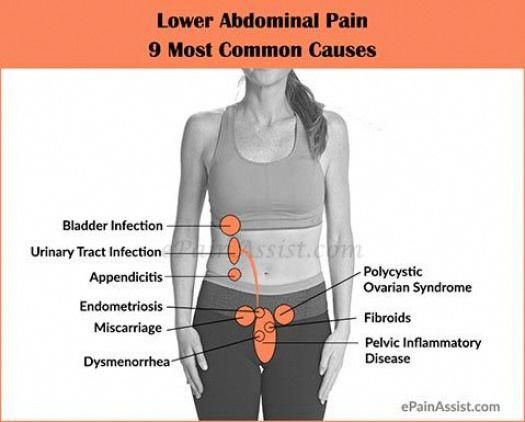 Sometimes a special metal surgical instrument with a loop at the end (curette) is used to scrape the walls of the uterus after vacuum aspiration. Complications are rare, but the connective tissue of the cervix or the wall of the uterus may be damaged. nine0005
Sometimes a special metal surgical instrument with a loop at the end (curette) is used to scrape the walls of the uterus after vacuum aspiration. Complications are rare, but the connective tissue of the cervix or the wall of the uterus may be damaged. nine0005
In the event of an unavoidable miscarriage, surgery is necessary to stop the bleeding.
Lifestyle and home care
Physical recovery
In most cases, physical recovery from a miscarriage takes a few hours to a few days. It will take 4-6 weeks to return to a normal lifestyle. During this period, if you experience heavy bleeding, fever, chills or severe pain, you should contact your doctor. These signs and symptoms may indicate an infection. For two weeks after a miscarriage, you should not have sex, use tampons, or flush your vagina. nine0005
Subsequent pregnancy
It is possible to become pregnant during your period immediately after a miscarriage. If you and your partner decide to try for a baby, make sure you are emotionally and physically ready for it.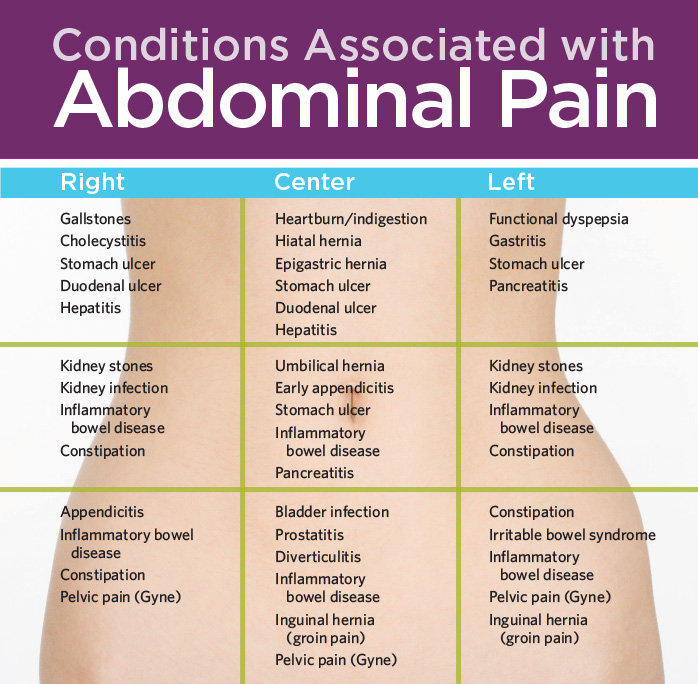 The doctor may recommend to postpone this process until the next menstruation, and maybe even more.
The doctor may recommend to postpone this process until the next menstruation, and maybe even more.
More than three miscarriages in a row should be investigated to determine the underlying causes, such as uterine abnormalities, coagulation problems, or abnormalities at the chromosomal level. In some cases, the doctor will suggest that you get tested after two miscarriages in a row, but two miscarriages still may not have hidden medical reasons. If the cause of miscarriages cannot be determined, do not lose hope. 60-70% of women who have had consecutive miscarriages can become pregnant in the future, even without treatment. nine0005
How to cope with illness and where to find support
Psychological recovery can take much longer than physical recovery. A miscarriage is a painful loss that others will not be able to fully understand. You can experience completely different feelings: from anger to despair. Give yourself time to process this grief and find support from loved ones.